The 1970s was a golden era for game shows, with flashy sets, energetic hosts, and contestants eager to win big. But while the prizes were exciting, some of the rules were downright bizarre. From unnecessarily complicated formats to rules that seemed designed to confuse players, these shows left audiences scratching their heads just as often as they cheered. Let’s take a look back at 14 classic game shows from the ’70s that actually had the strangest rules.
1. The $10,000 Pyramid (1973)
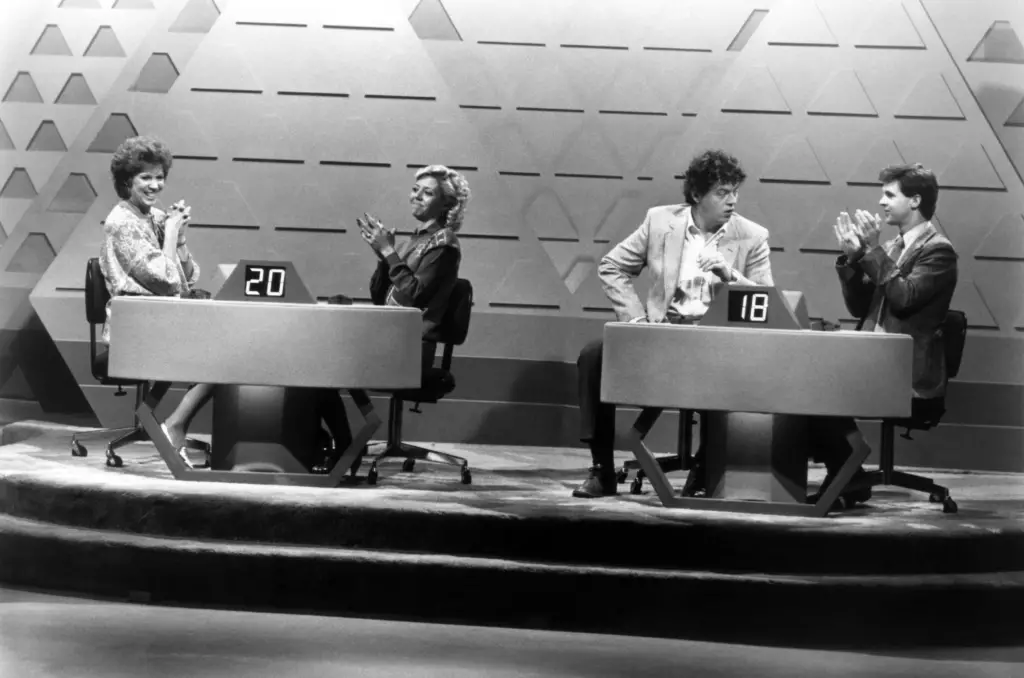
At first glance, The $10,000 Pyramid seemed like a straightforward word-guessing game, but its rules were surprisingly complex. Contestants had to describe a series of words without using key phrases, and if they accidentally said a forbidden word, they were immediately disqualified from that round. The final round required contestants to climb the “Winner’s Circle” by guessing increasingly difficult categories—except they weren’t allowed to use descriptions anymore, only provide examples. One wrong move, and they’d lose everything, making the show just as stressful as it was fun.
2. Match Game (1973)
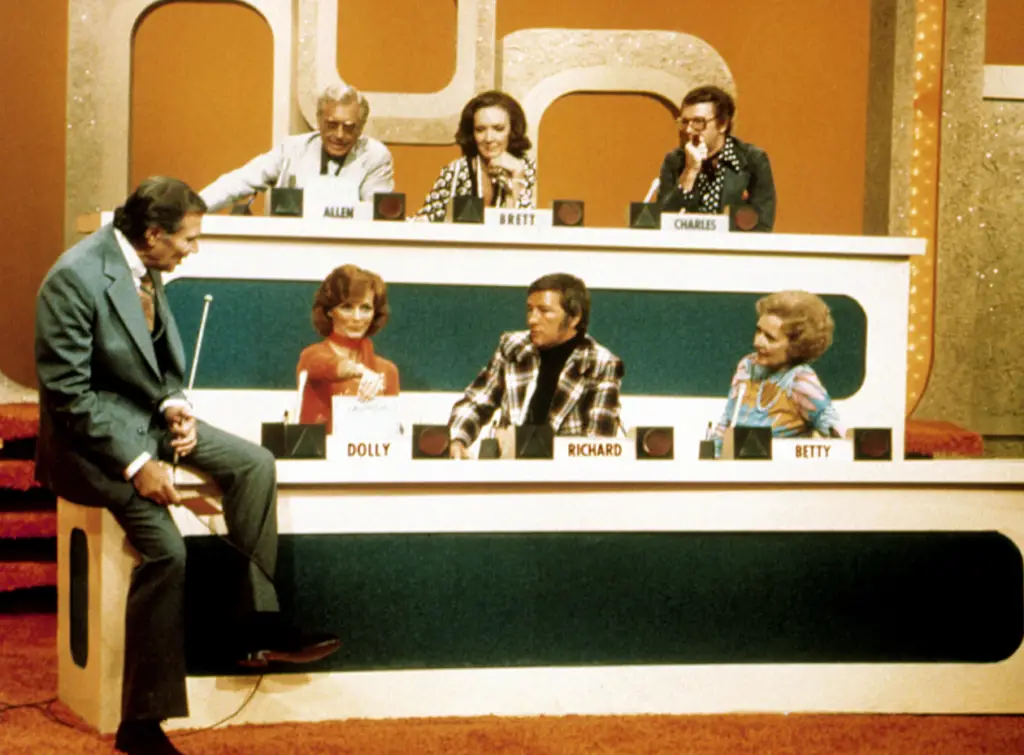
Match Game was a fan favorite, but its scoring system was oddly inconsistent. Contestants had to fill in the blanks of funny statements and hope their answers matched those of the celebrity panel, but there was no real skill involved—just a mix of luck and humor. The rules were also surprisingly loose, with host Gene Rayburn sometimes bending them based on how funny or clever an answer was. Winning was less about strategy and more about being lucky enough to think like a panel of unpredictable celebrities.
3. The New Treasure Hunt (1973)
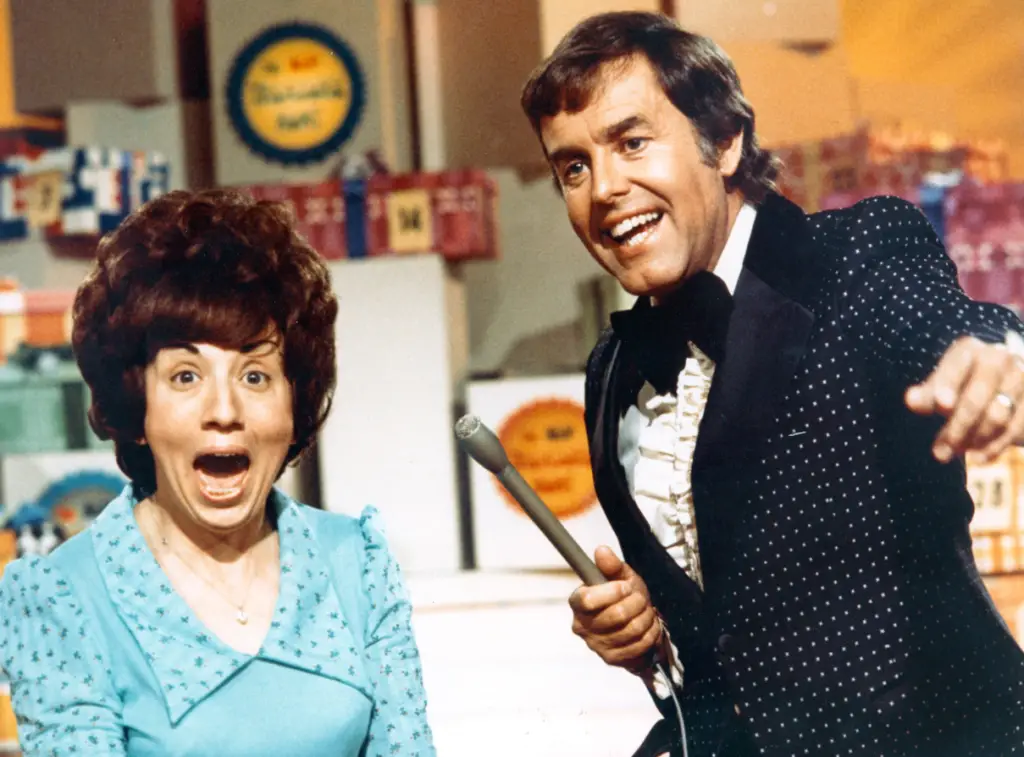
This game show took unpredictability to a whole new level. Contestants were given a chance to pick one of 30 boxes, with one containing a grand prize—but instead of simply winning it, they had to endure a long, dramatic buildup where host Geoff Edwards would tease them with fake prizes and agonizing suspense. The contestant could be tricked into thinking they won a fortune, only to end up with a joke prize like a live goat or a pair of shoelaces. It was more about mind games than actual gameplay, leaving some contestants more frustrated than excited.
4. Three on a Match (1971)
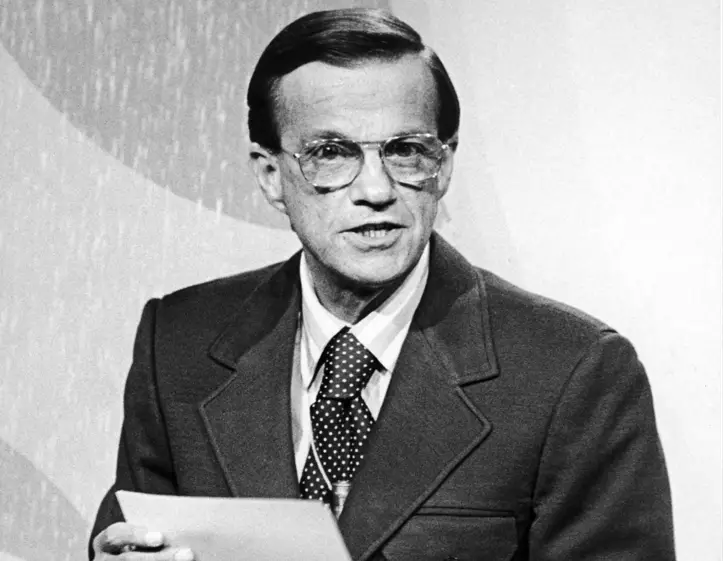
This show combined trivia, luck, and an unnecessarily confusing matching game. Contestants answered trivia questions to earn the right to flip cards, hoping to match three symbols for a prize. However, the symbols had no clear theme, and players often lost track of which ones they needed. It was one of those shows that seemed to get more complicated the longer you watched, making you wonder if even the contestants fully understood the rules.
5. Gambit (1972)
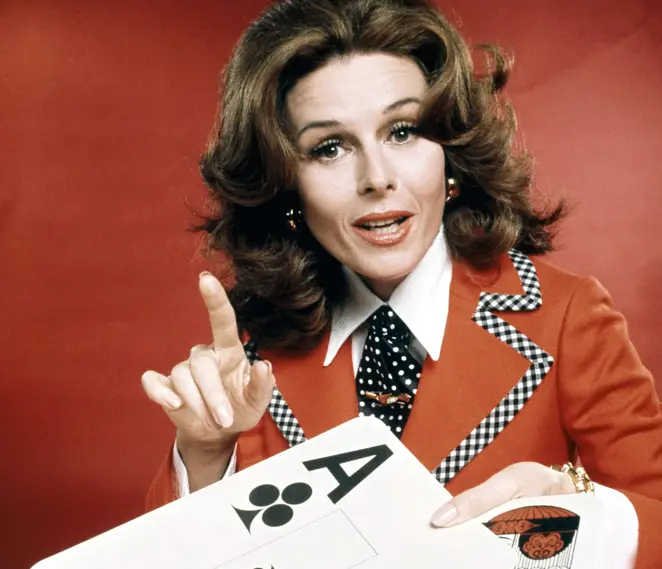
A mix between a card game and a quiz show, Gambit had contestants answering trivia questions to draw playing cards, trying to get as close to 21 as possible without busting. However, unlike traditional blackjack, they weren’t playing against the house—they were competing against each other. This meant that strategy played a weird role, as players sometimes had to answer incorrectly to avoid getting a card that might help their opponent. The mix of trivia, blackjack, and a little bit of gambling made for a game that was both fascinating and baffling.
6. Split Second (1972)
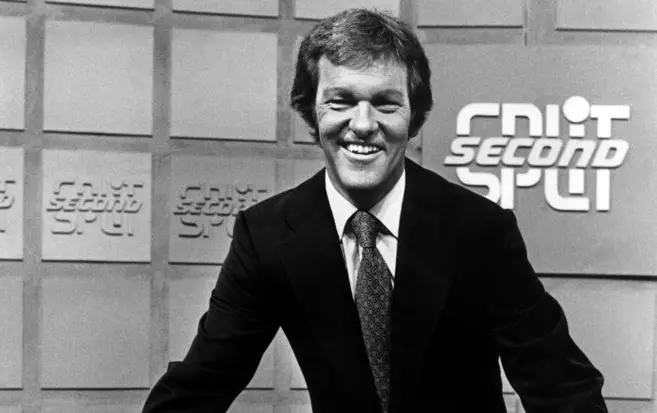
While Split Second was a fast-paced trivia show, its scoring rules were oddly uneven. Three contestants were given multiple-choice questions, and the faster they answered, the more points they earned—except only the first person to buzz in got full credit, while the second and third players got reduced scores. This meant that even if you answered correctly, you could still lose simply because someone else was slightly faster. The game seemed designed to keep everyone stressed and on edge rather than rewarding actual knowledge.
7. The Magnificent Marble Machine (1975)
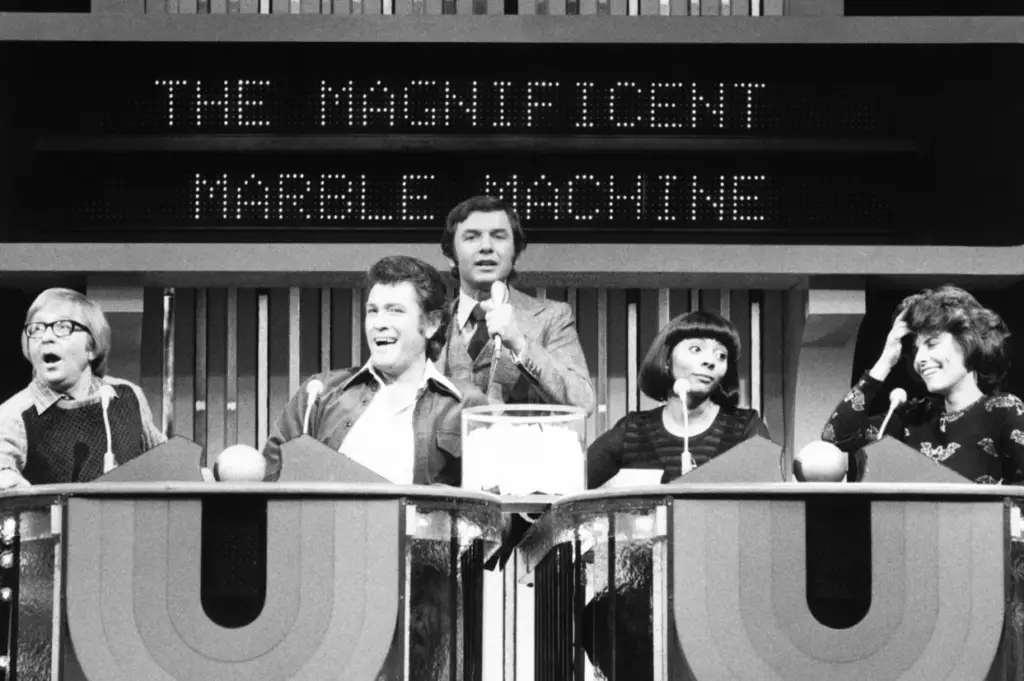
Imagine answering trivia questions just to play a giant pinball game, and you’ve got The Magnificent Marble Machine. Contestants had to first win a trivia round to earn a chance at a massive, over-the-top pinball machine that determined their prize. The problem? The pinball machine was so unpredictable that skill played little role in the outcome, making all the trivia knowledge feel pointless. While the giant machine was fun to watch, it didn’t make much sense as a competitive format.
8. Dealer’s Choice (1974)
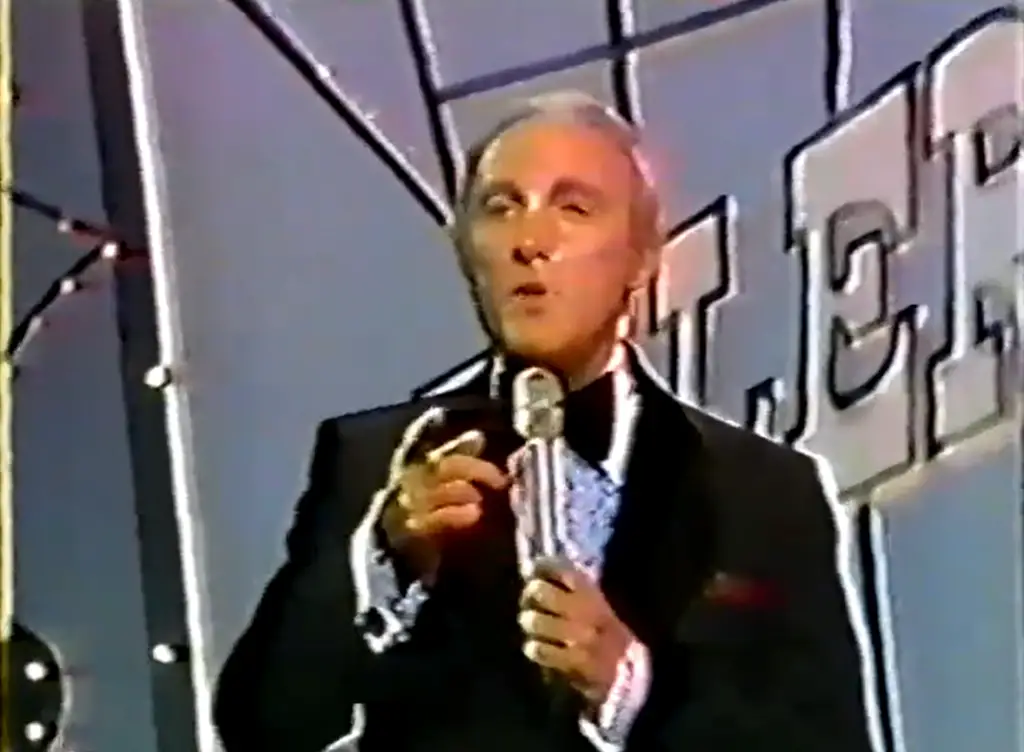
This casino-themed game show featured contestants playing various gambling-style games, from roulette to blackjack. However, each game had its own set of unique, confusing house rules that didn’t match real-life casino rules. This meant that players who thought they knew how to play blackjack or poker were often thrown off by strange modifications. It felt more like an elaborate prank on gambling fans than an actual game show.
9. You Don’t Say! (1975)
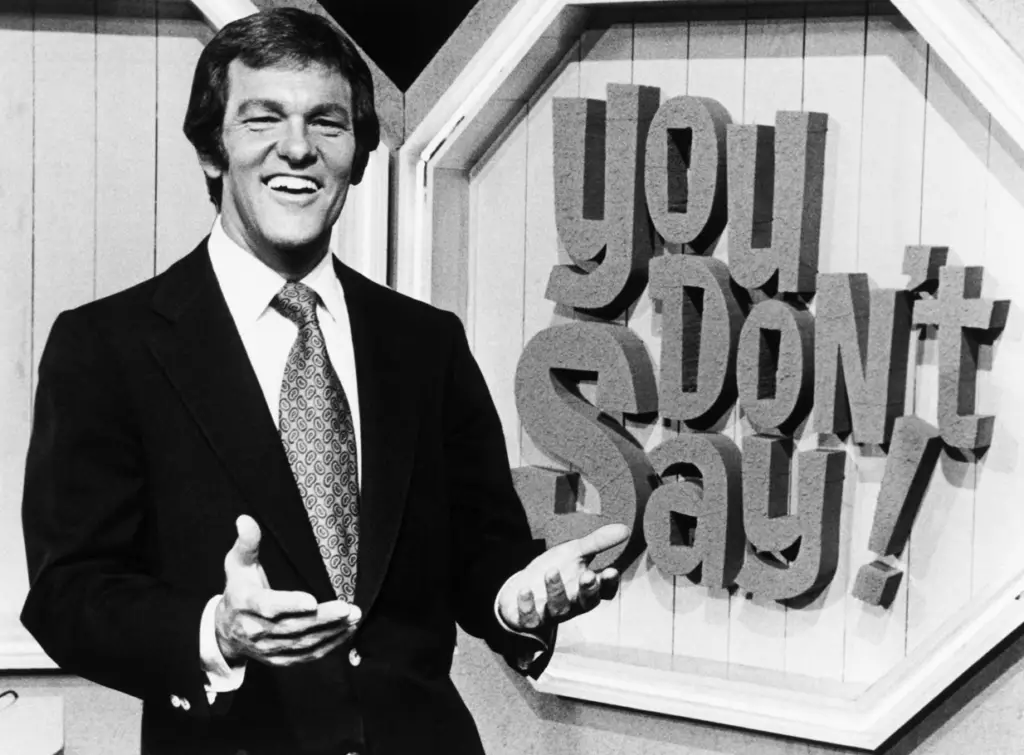
In this game, contestants had to guess the names of famous people based on clues given by their celebrity partners. However, the clues couldn’t contain any part of the person’s name, forcing players to come up with roundabout hints that often made the game harder than necessary. The strangest part? If someone accidentally said a forbidden word, the round was immediately over, no matter how close they were to winning. It was a fun idea, but the rules made it needlessly frustrating.
10. The Moneymaze (1974)
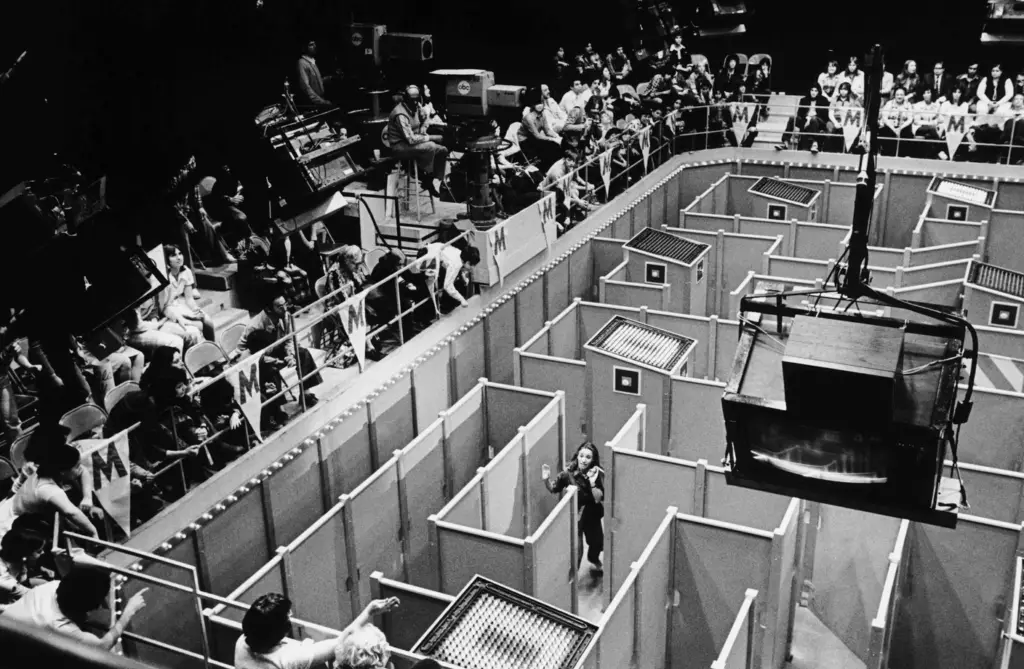
Contestants didn’t just have to answer trivia questions—they had to run through a massive maze to grab cash prizes. While the trivia rounds were fairly standard, the maze portion was completely random, with contestants often running in circles and wasting time. The show’s design made it seem like winning was more about dumb luck than knowledge or strategy. The physical challenge was fun to watch, but it didn’t always feel fair.
11. All-Star Secrets (1979)
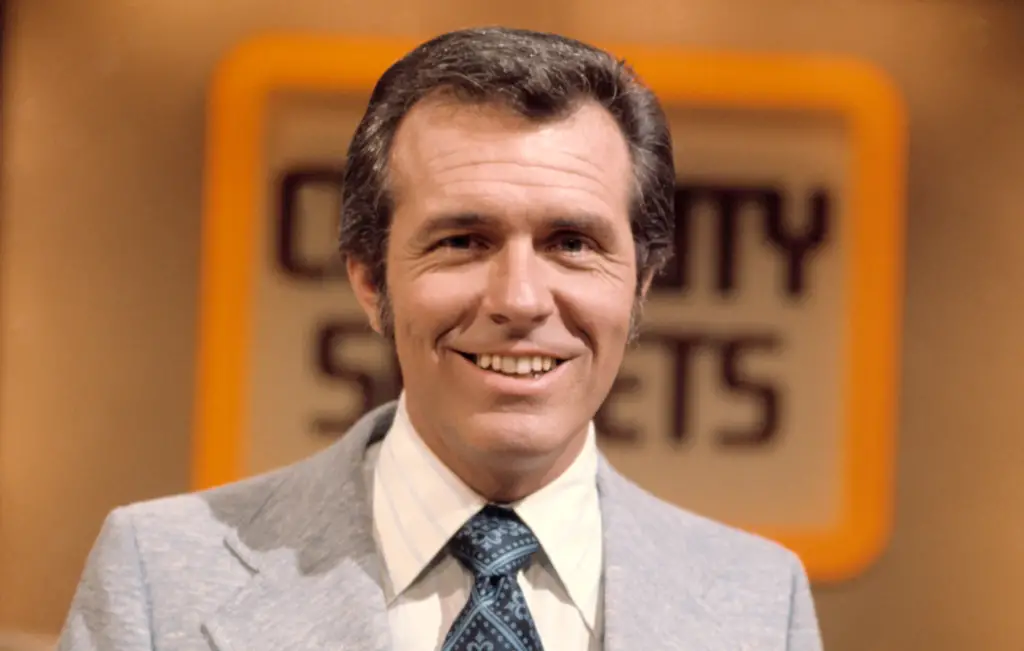
This celebrity-based game show had contestants trying to guess juicy “secrets” about various stars. However, most of the “secrets” were random facts rather than shocking revelations, making the game feel anticlimactic. Contestants often had to make blind guesses with little to no logic involved, turning it into more of a guessing game than a true competition. The show promised scandal but mostly delivered confusion.
12. The Cross-Wits (1975)
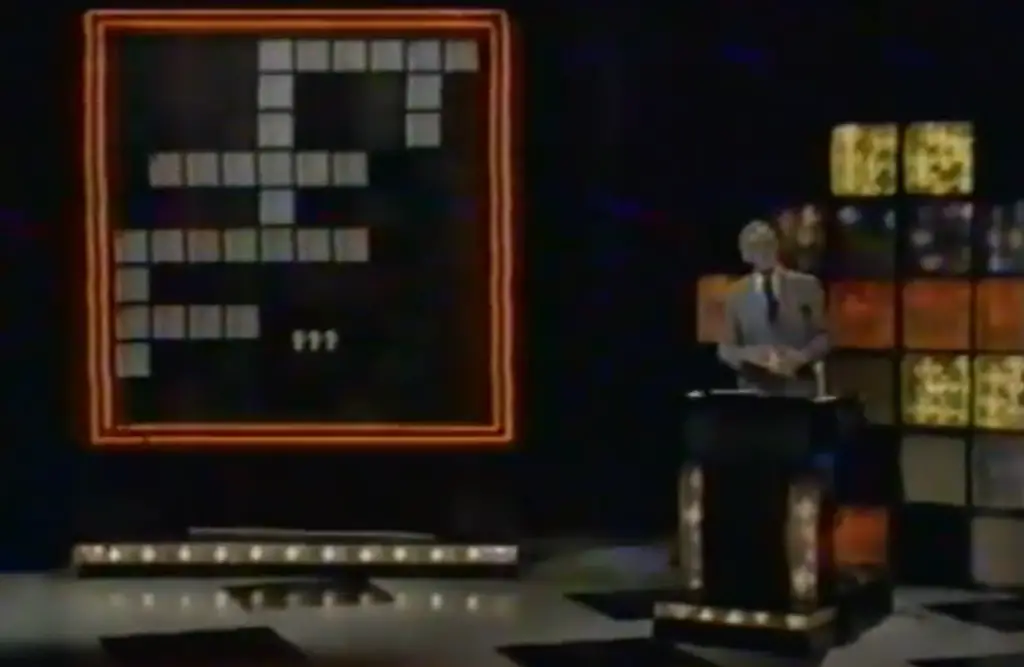
A crossword puzzle-based game show should be simple, right? Not quite. The game had contestants trying to solve crossword-style clues in a bizarre, roundabout way, often requiring them to guess the words out of order. While it was an interesting concept, the execution left contestants struggling to keep track of what they were even solving.
13. Celebrity Sweepstakes (1974)
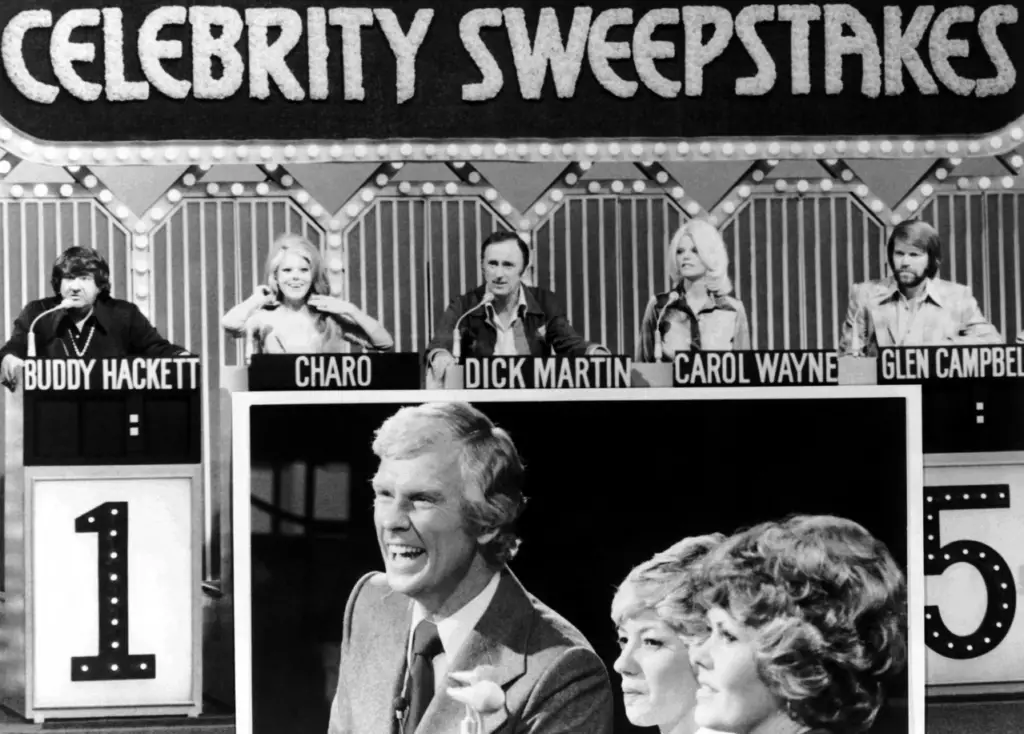
This game had contestants betting imaginary money on which celebrities would answer trivia questions correctly. However, since there was no way to predict how a celebrity would answer, contestants often just bet at random. The show essentially turned into a guessing game based on celebrities’ personalities rather than any real knowledge or skill. It was a fun idea but made winning feel completely arbitrary.
14. Now You See It (1974)

This game had contestants searching for answers hidden within a giant word puzzle on-screen. However, instead of just finding words, players had to answer trivia questions and then locate the correct answer in the puzzle—all within a strict time limit. The combination of speed, trivia, and word searching made it needlessly difficult, leaving many contestants struggling to keep up. It was as much about luck as it was about skill.
The 1970s gave us some of the most entertaining game shows ever, but not all of them made sense. Whether it was overcomplicated rules, bizarre scoring systems, or challenges that relied more on luck than skill, these shows definitely kept viewers guessing. While some became classics despite their strange formats, others faded into obscurity for good reason. But no matter how odd they were, they all added to the wild and wonderful world of ’70s game shows.


